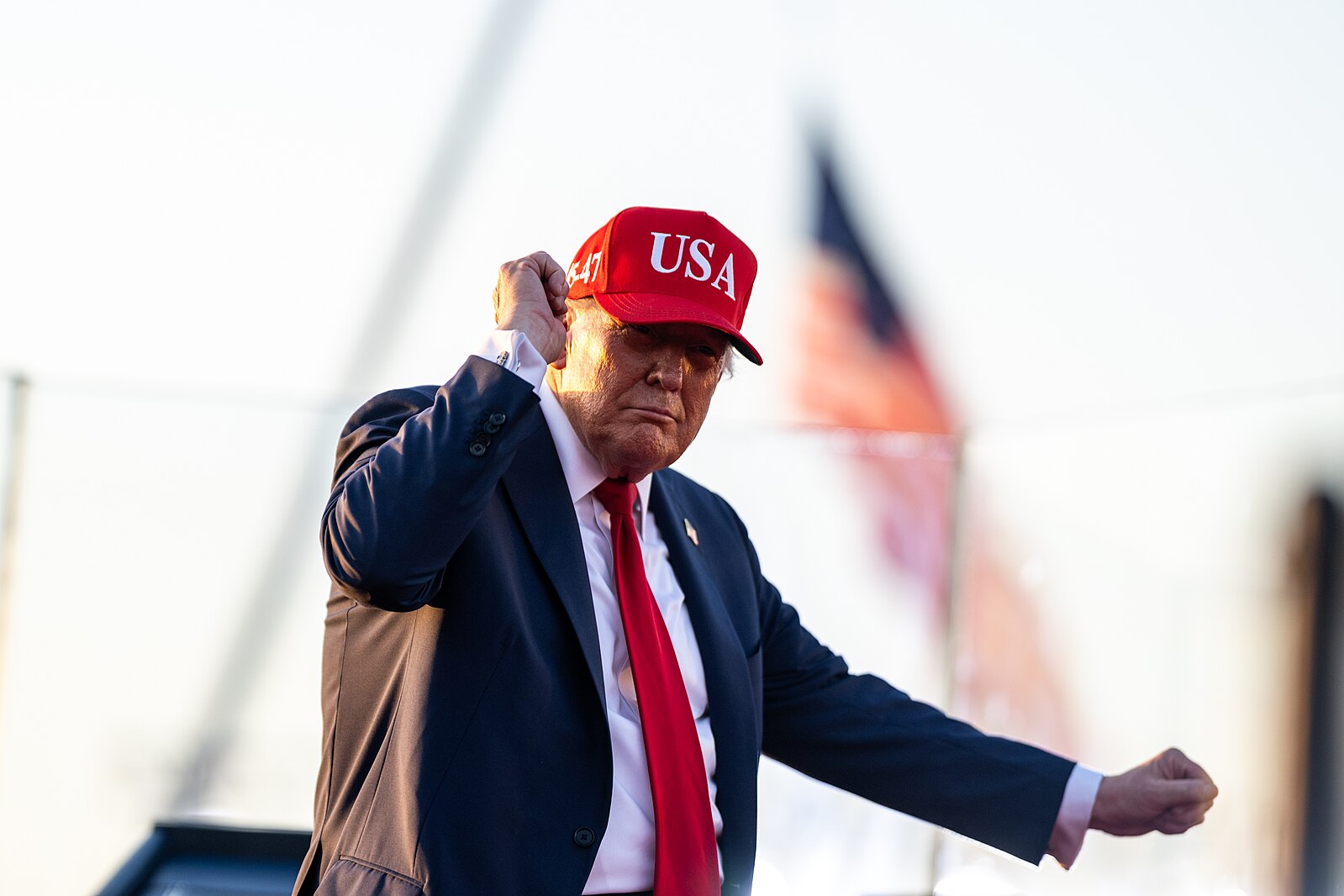World
Trump’s Trade War May Be Weakening the Dollar
By Jake Beardslee · July 8, 2025

At a recent economic forum in Aix-en-Provence, France, European Central Bank (ECB) officials suggested the euro could continue to gain ground globally, as political and economic uncertainty in the United States pressures the U.S. dollar. Amid growing concern over the U.S. deficit, unpredictable tariff policy, and threats to the Federal Reserve’s independence, the euro is increasingly viewed as a stable alternative by international investors.
ECB representatives emphasized that while the euro is still far from dethroning the dollar as the world’s primary reserve currency, the current geopolitical climate has opened a window of opportunity.
“If you combine [U.S.] tariffs with the attacks on the Fed and institutions, with the fiscal sustainability of the United States following the ‘beautiful’ tax bill, it explains the evolution of the dollar exchange rate in the recent weeks,” said Yannis Stournaras, governor of the Bank of Greece, during a CNBC-moderated panel. He also warned that “those who impose tariffs will be hurt first.”
Greece’s central bank governor stressed that to fully capitalize on this moment, the EU must complete its Banking Union and Capital Markets Union, and reduce internal economic barriers. Only then, he said, can the euro’s role in global reserves expand meaningfully.
Despite the ECB’s rate cuts and a stable U.S. federal interest rate, the euro has surged by roughly 14% against the dollar in 2025. Analysts attribute this to a combination of stronger fiscal prospects in the EU and investor anxiety around Washington’s mixed messaging on trade.
That unease has only grown with President Trump’s successful passage of a sweeping tax-and-spend package, a political win that is also expected to balloon the national deficit.
Stournaras remarked, “The status of the dollar is not going to change from one day to another, [but] the euro is in a position to gain in international reserves.”
Paschal Donohoe, head of the Eurogroup, pointed to large-scale EU borrowing initiatives like NextGenerationEU as reasons why euro-denominated assets will grow more prevalent. “The key thing for us is how we can have strong foundations in place for the euro,” he told CNBC, citing financial stability as a key priority.
Meanwhile, Deutsche Bank analysts George Saravelos and Christian Wietoska argued that the main reason for the dollar’s decline is simpler: “Foreigners don’t need to sell U.S. assets to weaken the dollar but merely to say ‘no thank you’ to buying more.”
As talks between Washington and Brussels remain unresolved, and tariffs on goods from overseas continue to loom, the euro’s role as a haven currency may strengthen even further.